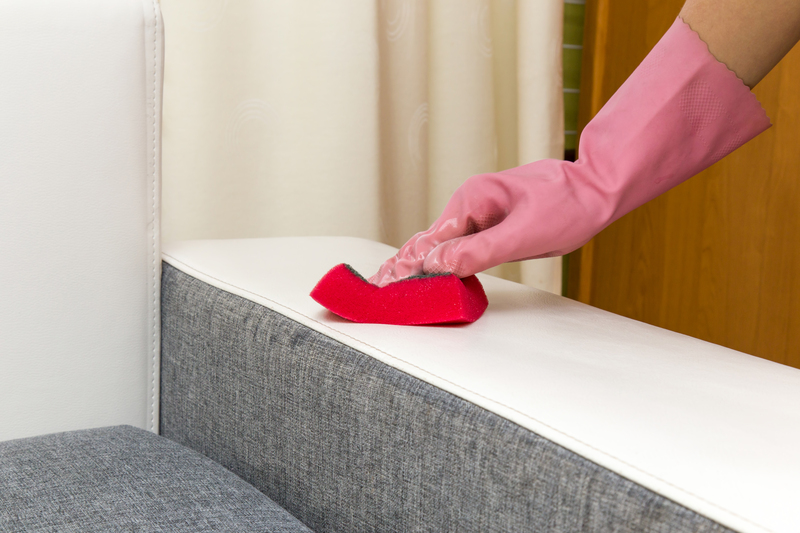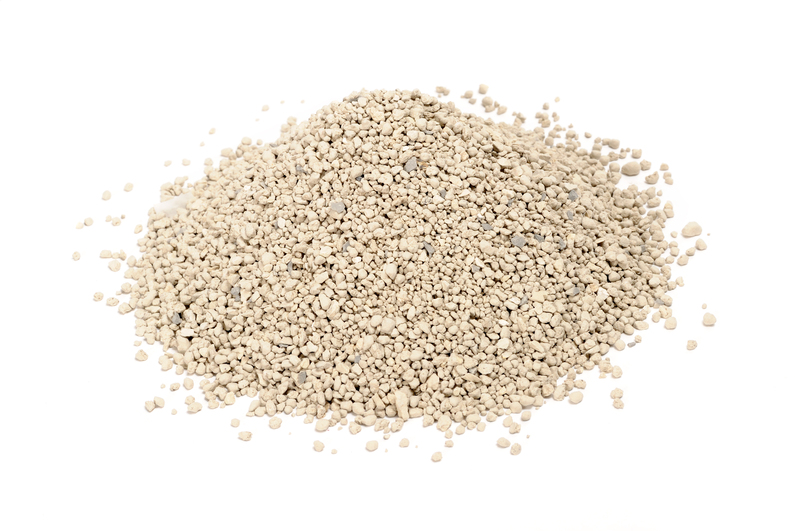Transform Your Space: Banish Pet Odors for Good
For pet lovers, the joy of sharing your life with furry companions is undeniable. Cats, dogs, and other pets bring warmth and character to any home. However, it's not uncommon for pet owners to struggle with lingering pet odors that can make even the most beautifully decorated space feel uninviting. Nothing disrupts a cozy vibe more than the unmistakable scent of wet dog or cat litter lingering in the air. In this comprehensive guide, you'll discover effective techniques to eliminate pet odors and reclaim a fresh and inviting home.

Understanding the Source: Why Do Pet Odors Linger?
Pet odor isn't just caused by the occasional accident; it can come from a variety of sources:
- Urine and feces accidents
- Shedding fur and dander
- Oily skin or saliva
- Litter boxes or cages
- Muddy or wet fur
These odors become particularly stubborn when they seep into fabrics, carpets, and furniture, making quick fixes ineffective. Transforming your environment requires a thorough approach to break down the proteins and bacteria that cause persistent pet smells.
Step 1: Prioritize Prevention for Long-Lasting Freshness
Before diving into elimination, it's wise to minimize the chances of pet odors developing in the first place. Here are some preventative measures:
Regular Grooming
- Bathe your pets as recommended for their breed and coat type.
- Brush fur frequently to control shedding and reduce dander.
- Keep their ears, paws, and rears clean, as these are common sites for bacteria and odor.
Maintain Pet Areas
- Scoop litter boxes daily and change litter weekly.
- Wash pet bedding and blankets at least once a week.
- Disinfect food and water bowls regularly.
- Vacuum and mop floors in pet zones to minimize odor buildup.
Step 2: Deep Clean to Remove Pet Smells
If your space already has embedded pet odors, basic cleaning won't suffice. Deep cleaning is essential.
Carpets and Rugs
- Use a vacuum with a HEPA filter to trap dander and allergens.
- Choose enzyme-based cleaners for stains and odors--these break down the proteins that cause smells.
- Consider professional carpet cleaning once or twice a year for a truly thorough refresh.
Upholstery and Soft Furnishings
- Steam clean sofas, chairs, and curtains for a deep-penetrating clean.
- Sprinkle baking soda on fabrics, let sit for 30 minutes, and vacuum to neutralize residual odors.
- Wash removable covers in hot water whenever possible.
Hard Surfaces
- Use a pet-safe disinfectant on floors, baseboards, and walls.
- Pay special attention to corners and places where accidents frequently occur.
Step 3: Natural Pet Odor Neutralizers
If you want to keep your home environment healthy, opting for natural alternatives to harsh chemicals is a smart choice. Here are some tried-and-true remedies to neutralize pet smells naturally:
- Baking soda can be sprinkled on carpets, furniture, and even inside litter boxes. Let it sit before vacuuming.
- White vinegar mixed with water is excellent for wiping down hard surfaces and neutralizing urine odor.
- Lemon juice and water can refresh garbage bins and pet eating areas.
- Activated charcoal pouches placed in strategic areas absorb odors and moisture from the air.
- Open windows regularly to allow fresh air to circulate throughout your space.
Step 4: Tackle the Air--Not Just Surfaces
Because pet odors can linger in the air, surface cleaning isn't always enough. Purifying the air will help you transform your space from musty to magnificent.
Air Purification Tips
- Invest in a HEPA air purifier--especially in rooms where pets spend the most time.
- Use houseplants such as spider plants, ferns, or peace lilies which naturally filter toxins from the air.
- Simmer a pot of water with citrus peels or cinnamon sticks for a pleasant natural aroma.
- Consider diffusing pet-safe essential oils, such as lavender or chamomile (always check that oils are non-toxic to your pets).
Step 5: Address Pet Accidents Immediately
Even the best-behaved pets have occasional accidents. Responding quickly is crucial to banishing stubborn pet odors for good.
- Blot up as much liquid as possible with paper towels or clean cloths--don't rub, as this spreads the mess.
- Apply an enzyme-based cleaner to the affected area (never use ammonia-based cleaners--they mimic urine scent and can encourage repeat accidents).
- Allow the cleaner to sit for the recommended duration to break down odor-causing molecules.
- If the smell persists, sprinkle baking soda, allow it to sit, then vacuum.
Pro Tip: If stains reach deep into the padding or subfloor, it might be necessary to consult a professional cleaner to prevent long-term odor issues.
Special Considerations: Cats vs. Dogs
While many methods apply to all pets, cats and dogs each bring unique challenges for maintaining a fresh-smelling home:
Cat Odors
- Unspayed/neutered cats may mark territory, resulting in particularly pungent urine. Neutering helps minimize this behavior and associated odors.
- Use clumping, unscented litter and scoop it daily to control ammonia smells.
- Consider placing an open box of baking soda near litter trays to absorb scent.
Dog Odors
- Wet dog smell is often caused by natural yeast and bacteria on the skin--frequent bathing and drying reduce this aroma.
- Regular tooth brushing prevents bad breath from becoming an all-over house problem.
- Use washable throws or covers on furniture your dog enjoys. Wash them often to keep pet odors away.
Long-Term Strategies for a Home That Stays Fresh
- Establish cleaning routines for pet areas, bedding, and toys.
- Consider replacing old carpets or porous flooring materials if odors won't lift after deep cleaning.
- Train pets appropriately to minimize accidents, using positive reinforcement techniques.
- Explore pet odor eliminating products designed specifically for deep-set smells.
Don't underestimate the impact of regular maintenance. Consistency is key: frequent small efforts will yield long-term rewards, keeping your home comfortable and inviting for everyone.

Common Mistakes to Avoid
When attempting to banish pet odors, it's easy to make mistakes that might do more harm than good. Here's what not to do:
- Masking odors with perfumes or sprays instead of eliminating the source.
- Using cleaning products that are toxic to pets--read labels carefully before using any chemicals.
- Neglecting hidden areas: under furniture, behind doors, and inside HVAC vents are all places where pet odor can accumulate.
Remember: The key is to eliminate rather than mask odors--your nose (and your visitors!) will thank you.
Transform Your Space: A Pet-Friendly, Odor-Free Future
Living with animals shouldn't mean sacrificing the comfort and cleanliness of your space. With a combination of prevention, deep cleaning, natural neutralizers, air purification, and smart accident response, you can enjoy a home that smells as fresh and welcoming as it looks.
The benefits go beyond a pleasant scent: an odor-free environment enhances your well-being, boosts your home's value, and provides an inviting atmosphere for guests and family alike. So embrace the companionship of your pets without compromise--start your journey to banish pet odors and truly transform your living space today!
Quick Reference: The Ultimate Pet Odor Elimination Checklist
- Groom and bathe pets regularly
- Clean and disinfect all pet areas
- Use enzymatic or natural cleaners on soft and hard surfaces
- Invest in quality air purifiers
- Promptly address pet accidents
- Wash and replace pet bedding frequently
- Establish daily and weekly cleaning routines
Ready to say goodbye to embarrassing pet odors? With this all-in-one guide, you're empowered to reclaim the fresh, vibrant space you and your pets deserve. Happy cleaning!


